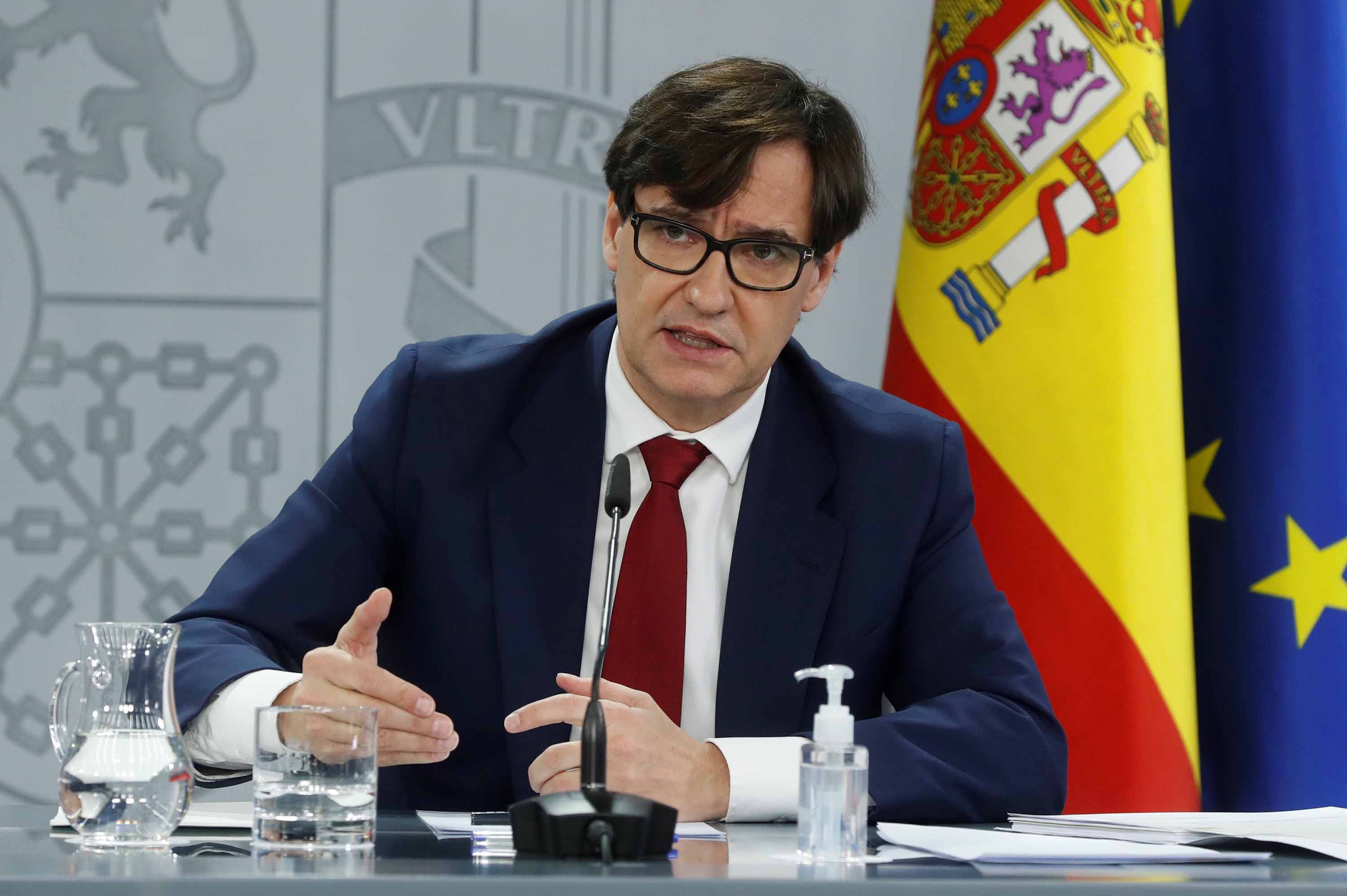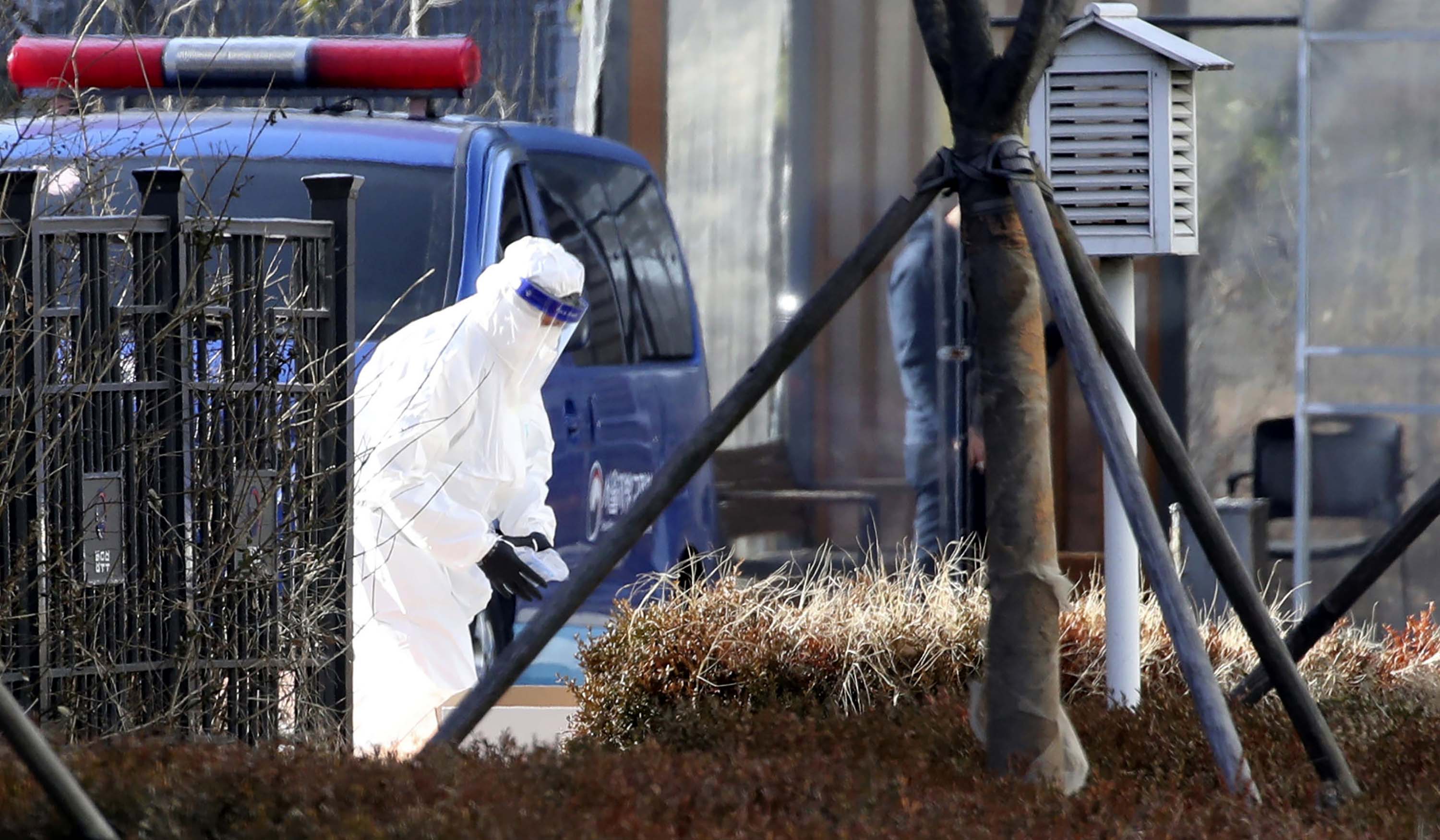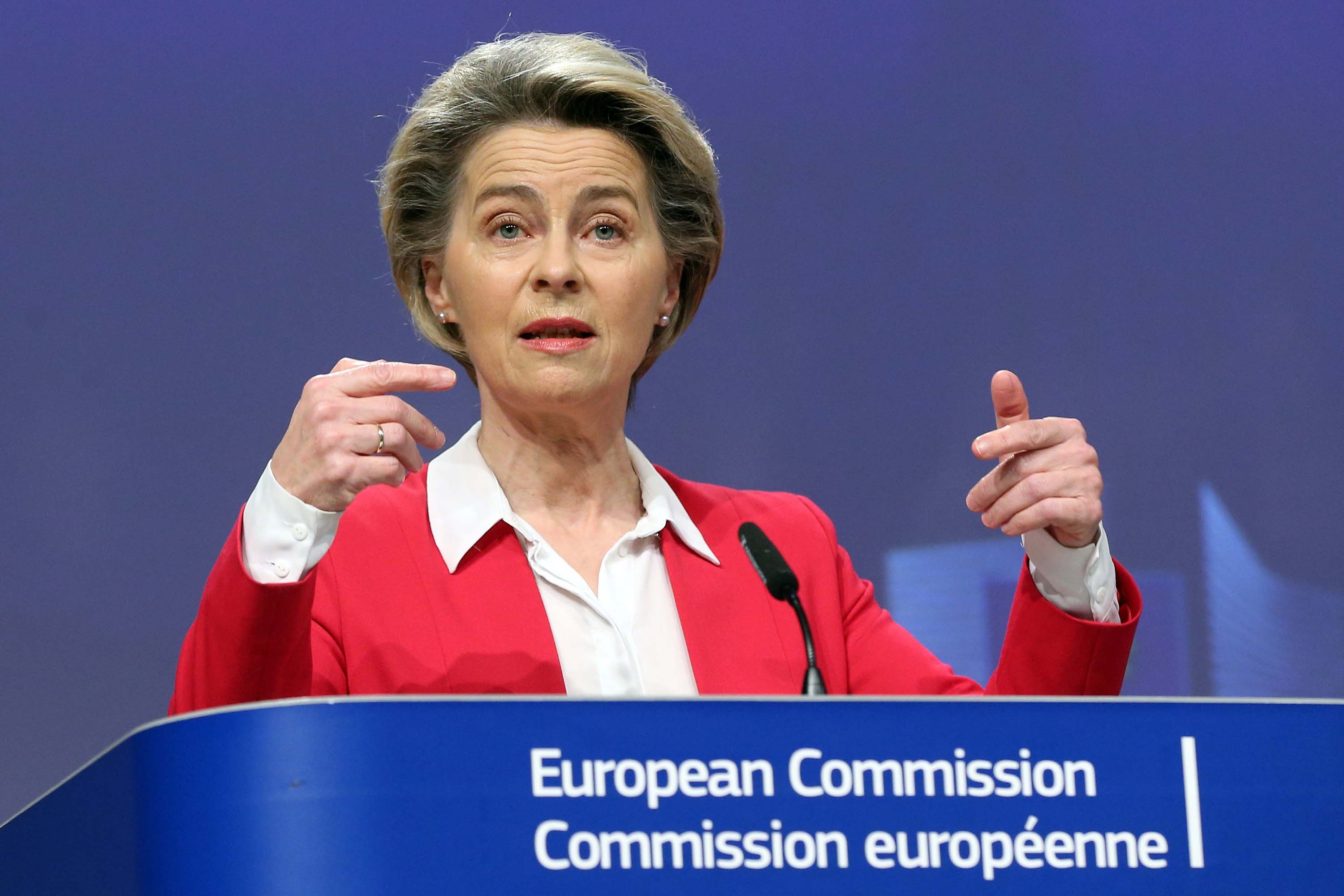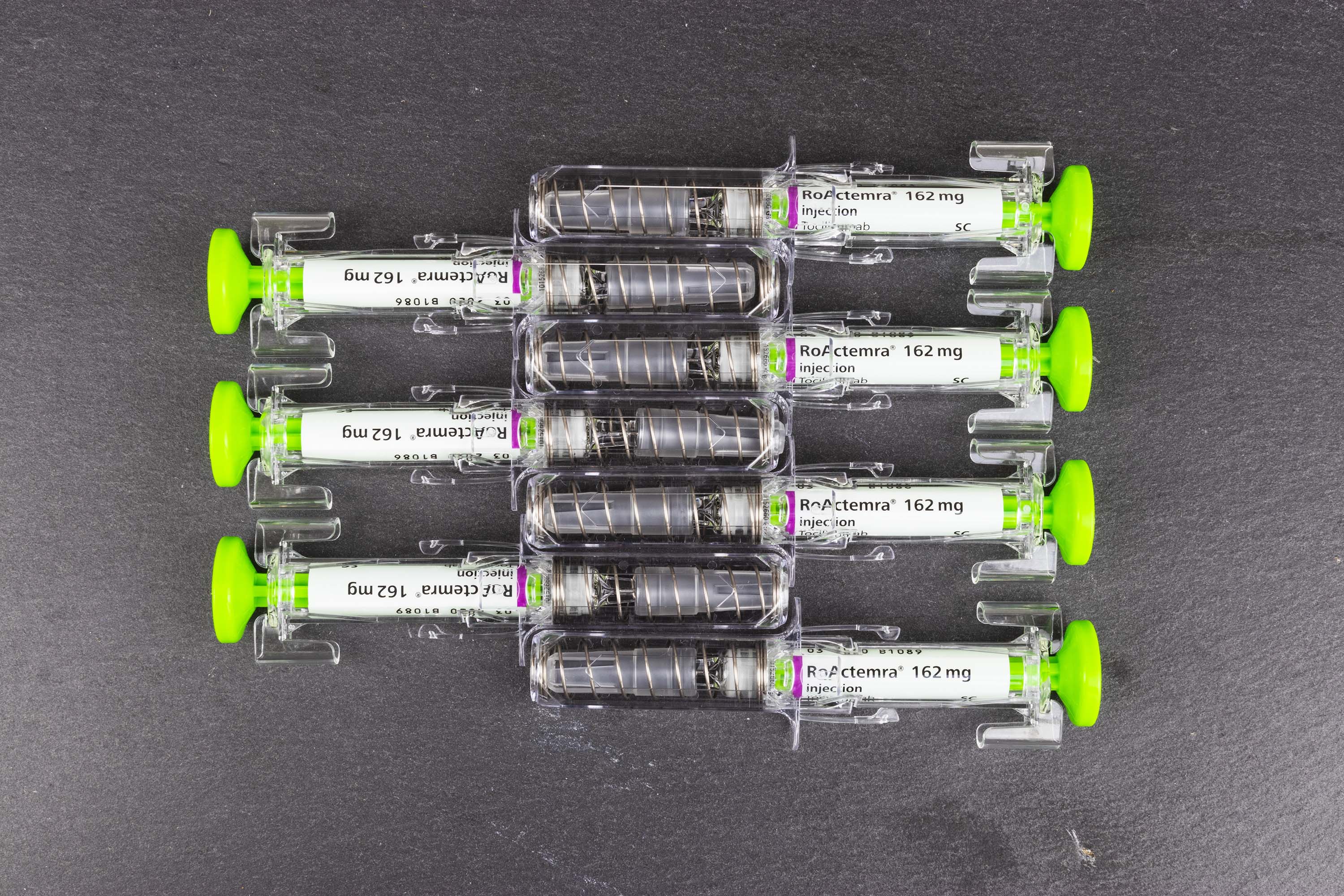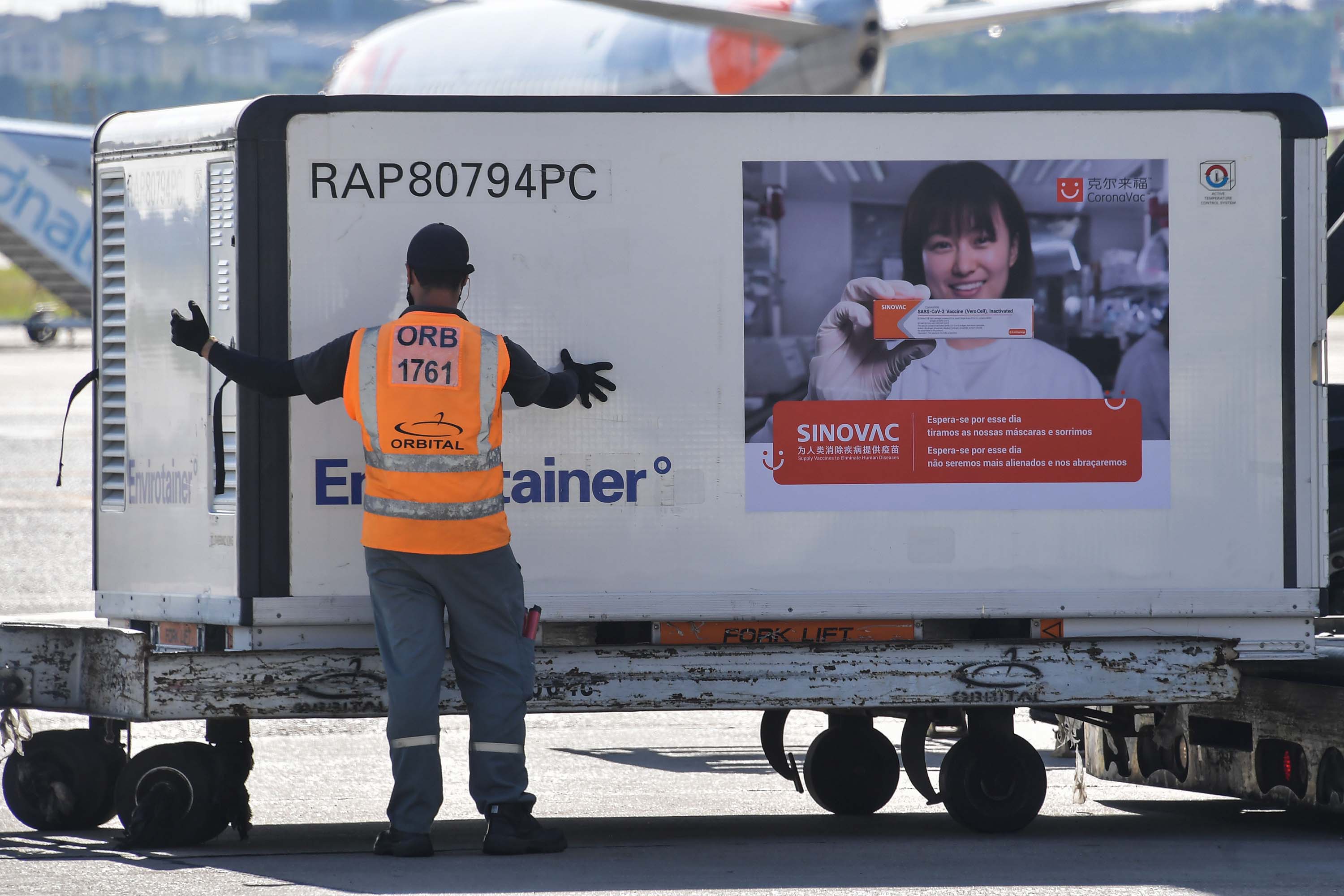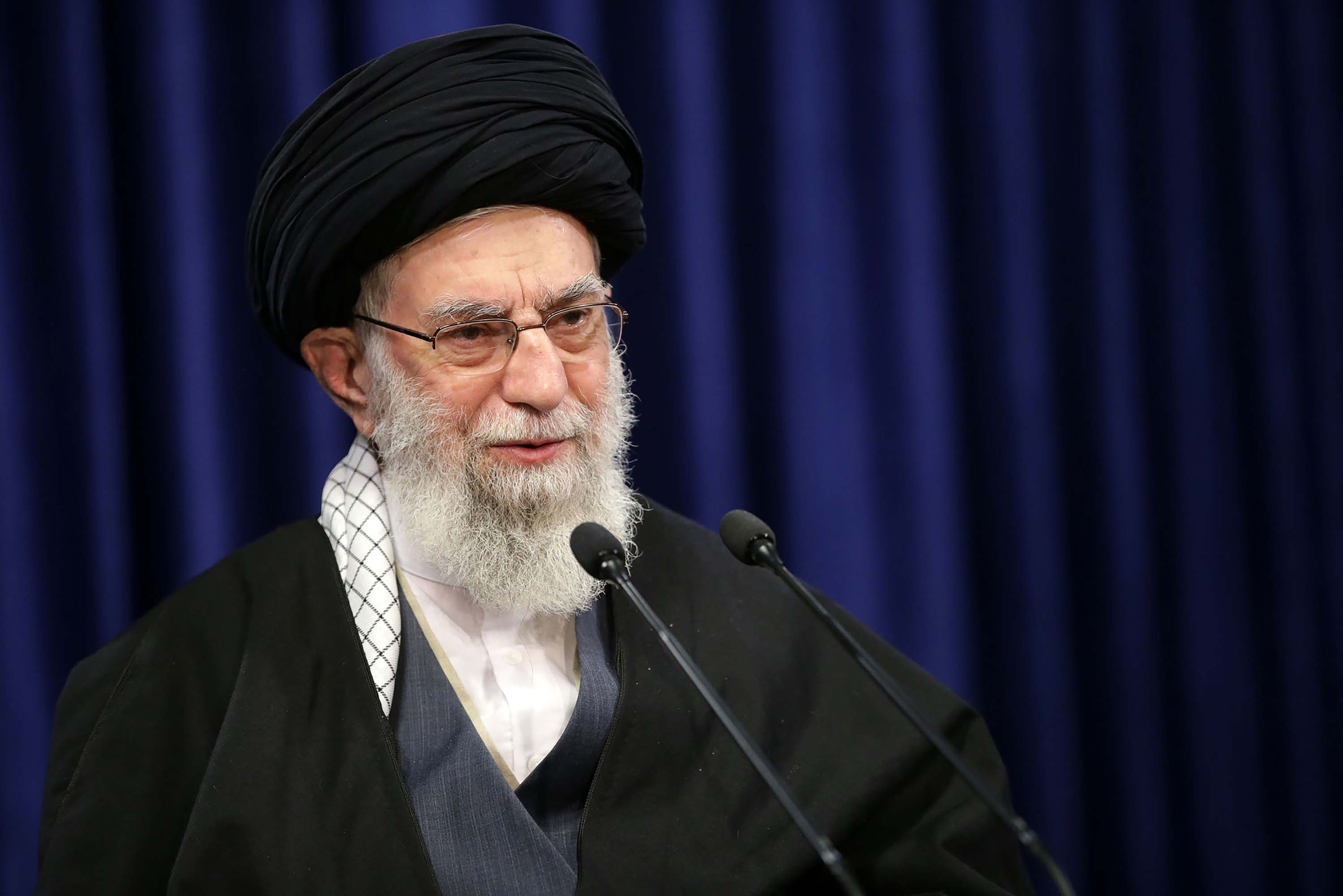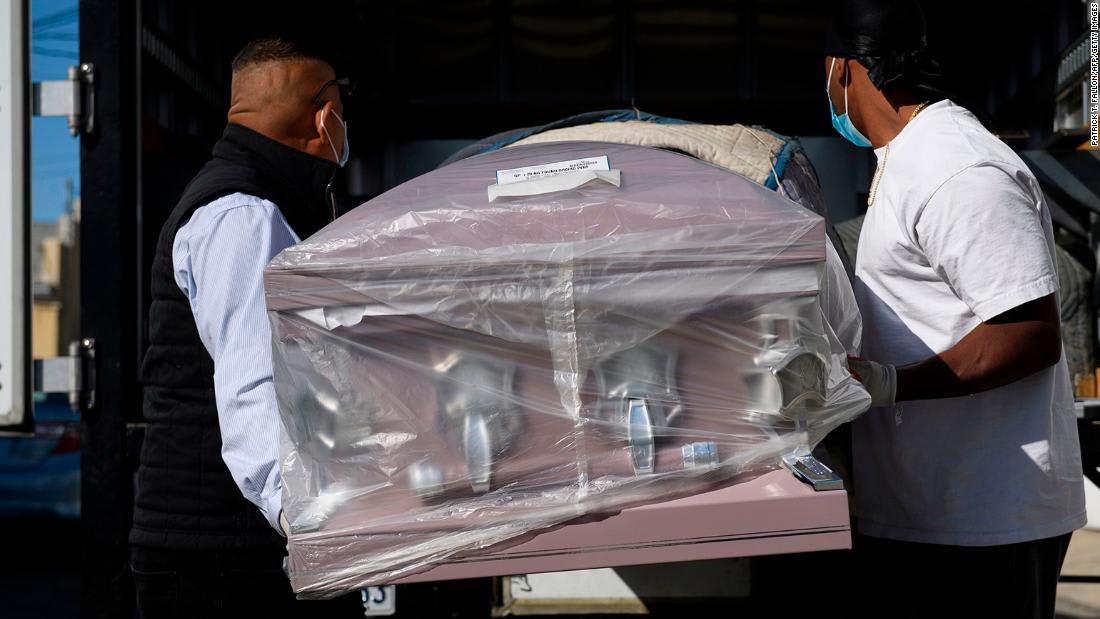
Sweden’s parliament has voted in favor of a temporary act that will allow further disease control measures to counteract the spread of Covid-19, according to a statement on the parliament (Riksdag) website on Friday.
Sweden has long been an outlier when it comes to coronavirus measures, declining to impose the full-scale lockdowns favored by its European counterparts. The country has seen a higher death rate per capita than its Scandinavian neighbors, with a total of 9,262 deaths recorded in Sweden according to data from Johns Hopkins University.
The Covid-19 Act will apply from January 10 until the end of September and provides the government with the framework to "introduce special restrictions for both certain activities and places."
The statement said the restrictions may apply to places where the public congregate including shopping centers and malls, public transport and domestic air travel and places where private gatherings are held.
"If necessary, it will be possible to prohibit public gatherings of a certain size at places to which the public have access and close premises that serve food and drink," the statement added.
The parliament called on the government to provide "much more substantial" clarity as to which businesses may apply for compensation, saying that businesses affected by the new Covid-19 Act "should as a ruler receive compensation." They also asked the government to keep the relevant parliamentary committees informed when drawing up new regulations based on the Act.
